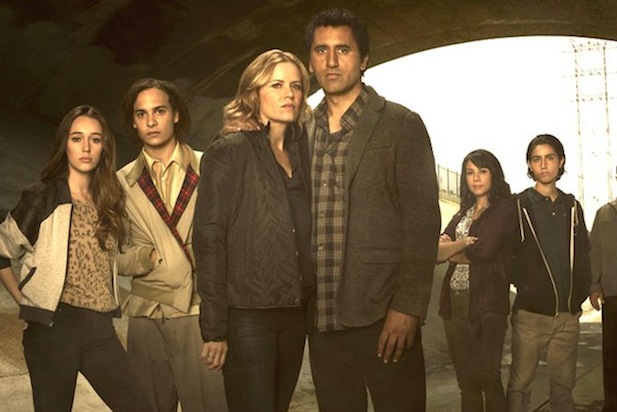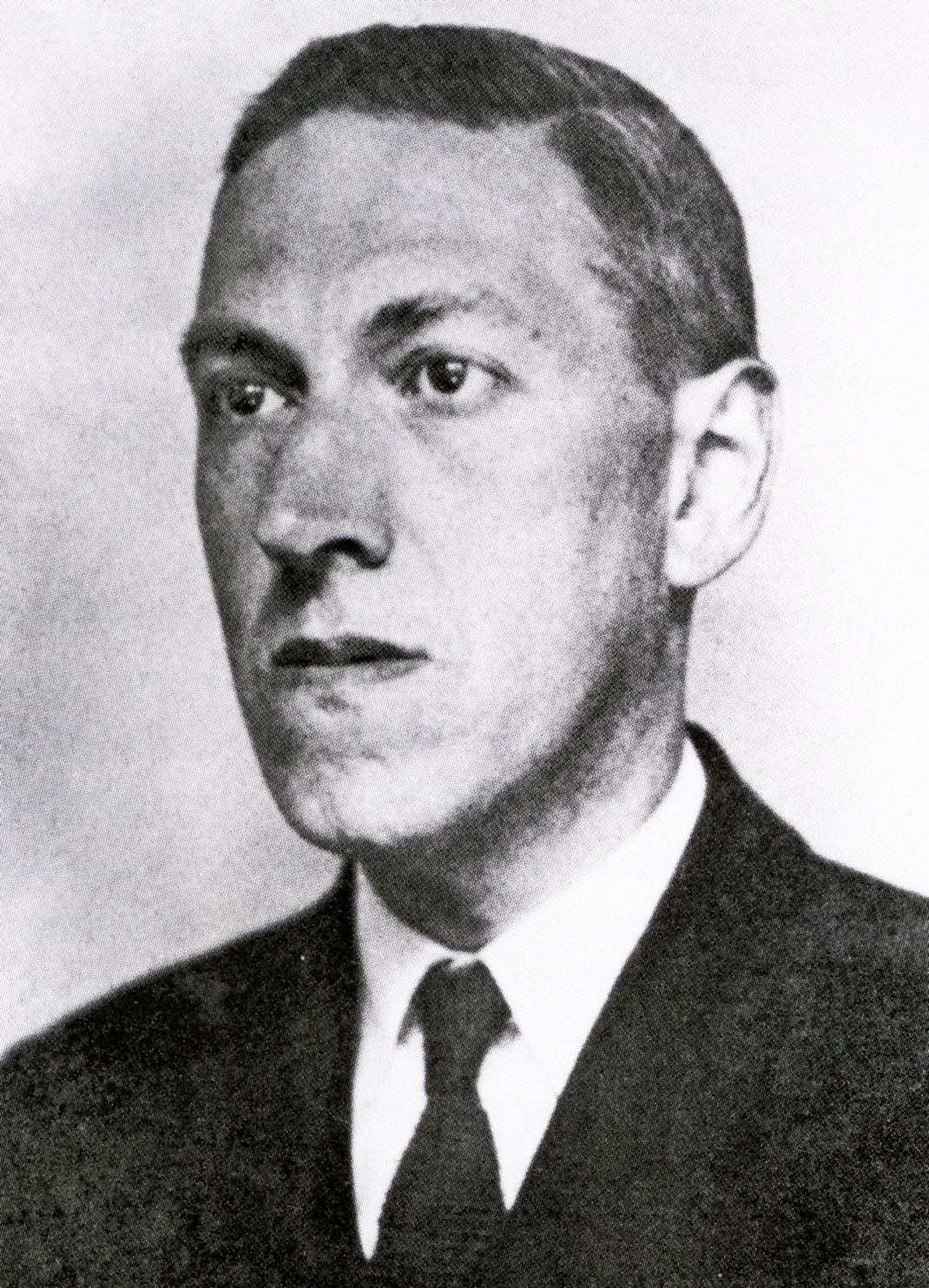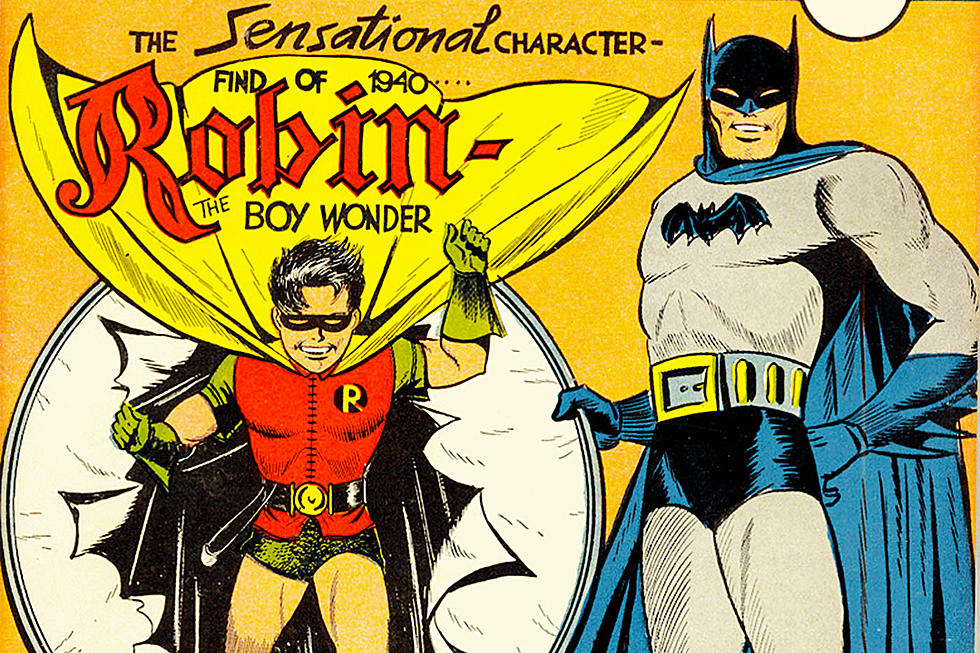Between Winnipeg and The Pas, there is a long and lonely seven hundred kilometers. There’s one stretch, over four hundred kilometers where there’s almost nothing. No off roads, no houses, no communities. There’s a gas station, a small community, Chemawin right in the middle, an intersection that leads to another community, Grand Rapids. But apart from that, it’s just emptiness, a lonely rambling desolation. Just the road winding on endlessly through the north, bordered by trees. I’ve driven that road well over a hundred times, in all seasons, all sorts of weather, including through blizzards and storms. A lot of people have wiped out on that road. Some have died. Me? Twice. This was the first one. I wrote this shortly after it happened.
I am pleased to say that there was no lapse of concentration that lead to the vehicle going out of control. I wasn’t trying to kill a pesky bumblebee, or changing radio stations, or fiddling with the CD changer. I wasn’t singing a song or answering a cell phone or anything like that.
I had in fact, turned off the radio twenty minutes before in order to focus on the road, my seatbelt was on, my hands were on the wheel and I was staring over the hood. None of it helped.
The car fishtailed and slid forward, and in a split second, I had gone from driving a vehicle to riding a five thousand pound toboggan careening at ninety kilometers an hour to a steep sloping bank and the stands of trees beyond it. There was a very good chance I was going to die in the next five seconds.








